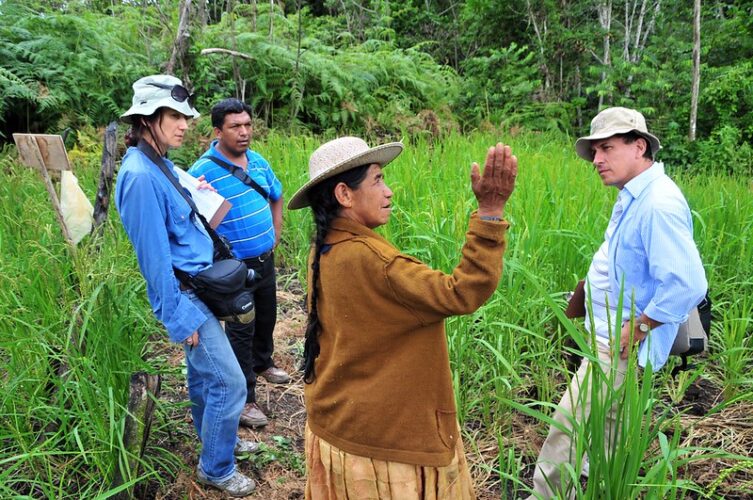Rice production is an important income source and food security channel in Bolivia. But the country has been struggling with its low yield and productivity compared to neighboring nations in Latin America (FAOSTAT, 2020). Additionally, there’s limited research on farming technologies as there’s low support for agriculture by the Bolivian government.
The study used a nationally representative sample of rice growers and implemented a multivariate model approach. In the analysis, the factors that affect the technology adoption, its extent, and its policy implications for better dissemination in the rice sector were highlighted.
The role of farmer organizations, agricultural extensions, and San Juan de Yapacaní (Bolivia’s rice technology hub) turned out to be the determinants which affect most of the farmers’ decision making. Knowledge dissemination of agricultural technologies further promoted by government policies and diffusion centers are therefore important to better Bolivian farmers’ livelihoods.
Find out more here.
References:
FAOSTAT. 2020. “Food and Agriculture Organization of the United Nations.” Available at http://www.fao.org/faostat/en/.
Martinez JM, Labarta RA, Gonzalez C, Lopera DC (2021). Joint adoption of rice technologies among Bolivian farmers. Agricultural and Resource Economics Review 50, 252–272. https://doi.org/10.1017/age.2021.9
Photo: Alliance of Bioversity International and CIAT on Flickr
Article contributed by Charlene Esteban, ComDev Asia intern

